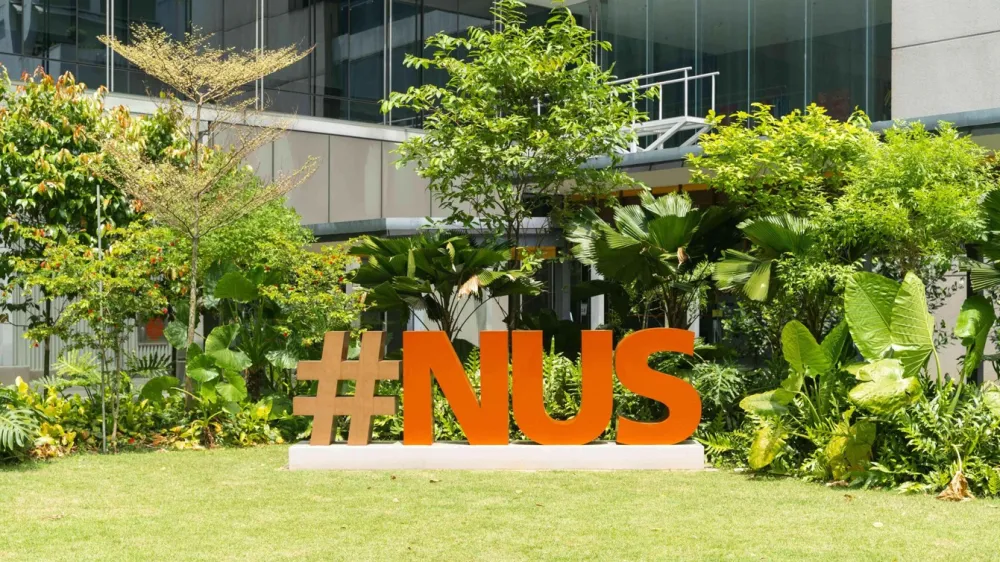
Chang Bing Show Chwan Memorial Hospital takes home 2 accolades at Healthcare Asia Awards
Project Title: A New Lease of Lifestyle ------ Magnetic Resonance-guided Focused Ultrasound Center.
Chang Bing Show Chwan Memorial Hospital opened in 2006 as part of the Show Chwan health care system. The hospital introduces the most advanced medical technology, purchases the finest medical equipment, and enables patients to obtain high-security and high-accuracy examinations, which help the accuracy of treatment.
The 1000-bed regional hospital has a new concept in health facilities design which integrates healthcare, recreation, culture, and entertainment together, thus, it creates a caring, comfortable, and relaxing atmosphere for patients. With its high-tech equipment, including 640-slice CT scanner, MRI, PET/CT, painless endoscopy, and more, the hospital gives people a chance to perceive their unseen diseases earlier.
Chang Bing Show Chwan Memorial Hospital went home with two awards for Taiwan at this year’s Healthcare Asia Awards, in a creative format that was safe and secure for everyone involved amidst the dire state of affairs due to the global pandemic. The hospital received both the Clinical Service Initiative of the Year and Hospital of the Year for their initiatives and projects such as the MR-guided Focused Ultrasound (the Exablate Neuro).
Chang Bing Show Chwan Memorial Hospital also has several international affiliations with institutes worldwide, such as Johns Hopkins University in the US, Tokyo Women’s Hospital in Japan, Vancouver General Hospital in Canada, and Osaka Medical University also in Japan. It received JCI (Joint Commission International) accreditation in 2009 and 2013.
Apart from this, Chang Bing Show Chwan Memorial Hospital’s president Min-Ho Huang, has been constantly collaborating with Philippine General Hospital for a long time. Upon his travels in the country, he discovered that approximately 6 out of every 100,000 people on the Panay island in the Philippines is suffering from a rare genetic disease, called X-linked Dystonia Parkinsonism (XDP).
The average onset of the disease is at the age of 39, whilst the average lifespan is 56 years old. Their life expectancy is 10 to 20 years shorter than that of normal people. Those with XDP lose their ability to work, have limb stiffness, and often die of infection or related diseases caused by an unsteady gait.
Until now, the medication treatment is still not that effective and costs a lot. In January 2019, the neurosurgery team in the Chang Bing Show Chwan Memorial Hospital came all the way from Taiwan to the Philippines for evaluation and figured out that the treatment of MR-guided Focused Ultrasound (the Exablate Neuro) is the most promising treatment for the disease.
The Exablate Neuro uses non-invasive focused ultrasound with a magnetic resonance imaging guide to precisely focus on the specific nuclei, and the temperature is heated to the specific level for treatment. After the operation is done, the effect would gradually appear as the postoperative edema subsides. In general, it takes about three months to get rid of the swelling. Overall, the treatment of the Exablate Neuro is a precise, safe, and real-time non-invasive treatment without any radiation, craniotomy, and implant.
In March 2019, under the mutual collaboration of the two hospitals, the first patient was referred to Chang Bing Show Chwan Memorial Hospital, Taiwan, which is the first hospital around the world to use the Exablate Neuro to treat XDP. Moving forward, Chang Bing Show Chwan Memorial Hospital, Taiwan, plans to fully sponsor 5 patients with XDP to accept the treatment of the Exablate Neuro in Taiwan.
Hear from the hospital's superintendent, Dr. Wayne Huang as he shares how they became the first hospital around the world to use the Exablate Neuro in treating a rare genetic disease called X-linked Dystonia Parkinsonism (XDP) of a patient outside Taiwan.



















 Advertise
Advertise





